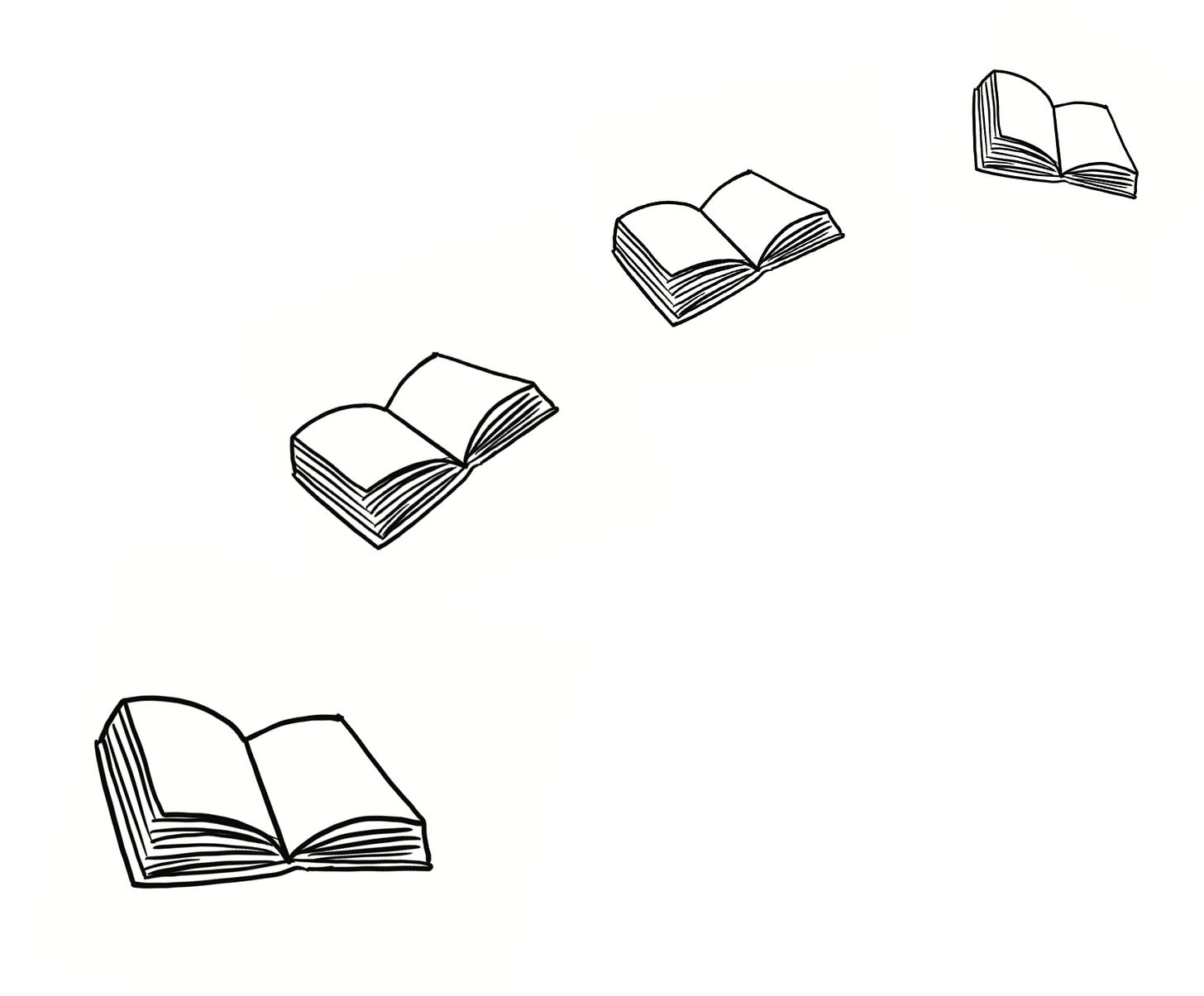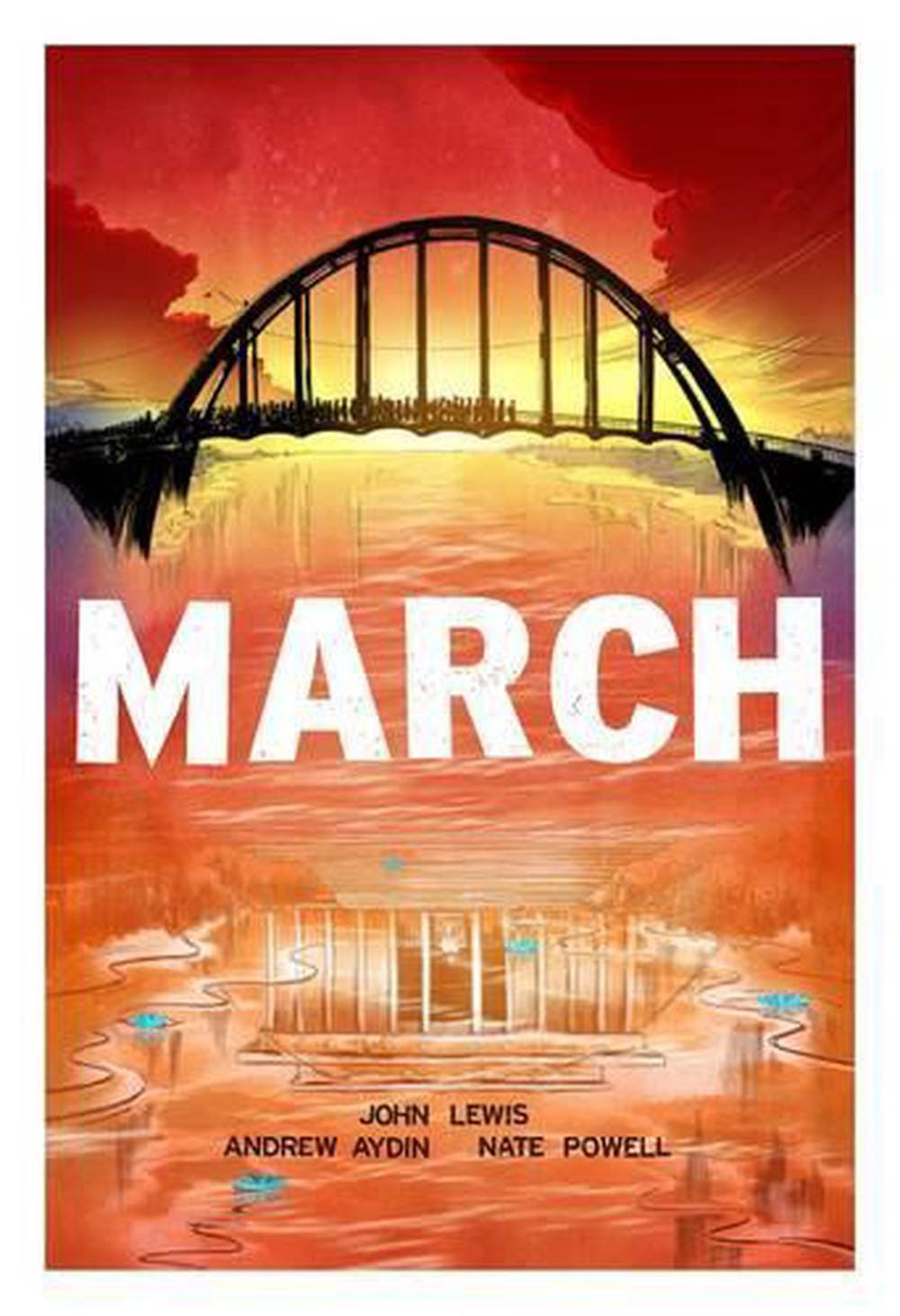320 Sycamore Studios believes that reading with kids can change the world for the better. Each month (except August), we publish one original story and one post on books and reading. All AI-free.
Apparently, reading with kids is in a bad way
There was a Guardian article from last week with the ominous headline, "Most parents don’t enjoy reading to their children, survey suggests."
The article said:
Only 40% of parents with children aged 0 to 13 agreed that “reading books to my child is fun for me”, according to a survey conducted by book data company Nielsen and publisher HarperCollins.
The survey shows a steep decline in the number of parents reading aloud to young children, with 41% of 0- to four-year-olds now being read to frequently, down from 64% in 2012.
Doesn't that wording feel precision-engineered to make you a) despair at the state of the world, or b) get all judgey and finger-waggy about other parents?
To be honest, I got frustrated with the article itself.
It doesn't say why there's been a decline.
Or why parents don't find reading fun.
Or what we do about it.
I can't say what counts as fun for other people, but I had a few thoughts that may put you at ease if reading feels onerous.
First, it's not your fault.
It could be that the way reading was taught in school made you hate books.
Or reading may come loaded with all kinds of shame or something.
Or maybe it’s stress. There's so much on everyone everywhere all the time. Parents especially.
It could be our overbusy lives. Or screens. Or the fact that it’s hard sometimes to actually obtain books. "Books can be expensive," writes Rhiannon Lucy Cosslett in another Guardian article,
"and even some charity shops have been charging prices that feel extortionate. A trip to the library can require time, and transport. People work long hours and often have hardly any wriggle room between getting home and making tea, and bedtime. Fitting a story in can be challenging, especially if you have multiple children."
Whatever it is, the universe does seem to conspire against book-reading.
(Maybe that's because when you're reading a physical book your attention can't be monetized. Sigh.)
So, what can you do if you want to read with kids but find it no fun?
How about lowering your standards?
You don't have to read for a long time. Got 15 minutes? Great! Got five? Great! See what happens.
You don't have to be a great reader-alouder. I’m not, but here I am making recordings of 320 stories regardless.
You don't have to read at bedtime. It can be breakfast. Or on the bus. Or via a video chat if you're working late or on a trip or deployed overseas.
You don't have to read “good” books. Good ones are the ones that interest your kiddo.
You don't have to read physical books. They’re great, of course, but you can print a fairy tale and read that. Or, if nothing else, read aloud off a device.
You don't have to read every day. Read when you can.
You don't even have to read. (What!) More on that below.
“You have the right not to read”
Sunday was a rainy day here in Stuttgart and, miraculously, we didn't have any family obligations.
My stepdaughter had come back from a softball team trip with 26 leftover bananas so she and my wife spent a big chunk of the day baking banana-related foods.
My stepson and his girlfriend watched one of the lesser “Alvin and the Chipmunks” sequels.
The pug napped.
Me? I spent the day reading.
Mostly I read Daniel Pennac’s “The Rights of the Reader.” Which is so great!
It's even better if you can read it on a zero-obligation day with rain pounding down.
Pennac is a writer and former high-school teacher, and the book is a collection of short meditations on reading.
Memories of reading and of being read to.
Frustrations with trying to give his own child a love of reading.
His days teaching literature to non-elite French schoolkids and finding magic in simply reading aloud to them.
Pennac’s short, delicious book (which also goes by the title “Better than Life”) is a gift and an invitation to read. But never a command. Never a should. (Ironically, that makes me want to read even more.)
Pennac closes with 10 "rights of the reader." Why 10?
“First, because it's a nice round figure, and second, because it's the number of Commandments, and it's gratifying, for once, to see them used to authorize rather than prohibit. For if we want young people to read, we must grant them the rights we grant ourselves.”
Pennac’s right No. 1?
You have the right not to read.
“As with every self-respecting declaration of rights,” he says, “the rights of the reader should begin with the right ‘not to’ — in this instance, the right not to read. Otherwise, it's not a bill of rights but a pernicious trap.”
There you go.
You don't have to read.
For yourself or with your kids.
However.
If you DO read with kids, try to make it chocolate, not medicine.
And keep Pennac’s other nine rights in mind. They may take the pressure off. He says you have the right ...
To skip.
To not finish a book.
To read it again.
To read anything.
To mistake a book for real life.
To read anywhere.
To dip in.
To read out loud.
To be quiet. "The rare adults who gave me the gift of reading have always stepped back and refrained from asking what I understood. And of course I talked to those people about what I'd read."
Random reading
In the "Rights of the Reader" spirit, I've been trying to drop the “shoulds” from my own reading and just meander around and read what catches me, both with grownup books and with children's, middle-grade, and YA titles.
Speaking of, one of my recent reads was “March.” It's a three-volume graphic novel that tells the story of the late Rep. John Lewis and the struggle for civil rights in the U.S.
It's moving and harrowing, and the books gave me a visceral feeling for the period that I'd never felt before. (And I have a grad degree in history!)
It is, of course, an intense story, so I'd recommend it for older readers — 13-ish and up.
I also reread the Shel Silverstein classics "Where the Sidewalk Ends" and "A Light in the Attic." For the record, I'm with Terrible Theresa, who when picking a pancake “fresh off the griddle” from a towering pancake stack says, "I'll take the one in the middle." Those two books are not just for kids of course. To me, "Put Something In" is pretty great advice for a well-lived life:
"Draw a crazy picture,
Write a nutty poem,
Sing a mumble-gumble song,
Whistle through your comb.
Do a loony-goony dance
'Cross the kitchen floor,
Put something silly in the world
That ain't been there before."
For my part, I feel prouder about having written a maggot poem than any strategy-marketing-blah-blah blah corporate thing I’ve done.
Maggot
Squirmy, squishy, wormy wet.
No one wants you as a pet.
When you grow up you’ll be a fly.
You’ll play in poop and then you’ll die.
If you're on the fence about reading to your kids, you could do worse than start with those Silverstein books.
If you don’t have access to the books, try the maggot poem. It’s no great literature. But (if you don’t mind my saying), it’s pretty fun.
What’s next for 320 Sycamore
My plan is to keep sharing one new story and one post on books and reading each month. Except for August. (When in Europe … )
If you're looking for some amazing and thoughtful book recommenders, here are three newsletters to roam around in:
Sarah Miller’s Can we read?
Sri Juneja’s Readable Moments.
Taylor Sterling’s Moonbow.
(Apropos of nothing, a great site for book-loving grownups is Transactions with Beauty. It’s always wise and nurturing.)
Stories here will always be available for free — online, as PDFs, or in audio format.
Of course, if you want to support 320 Sycamore and you'd like physical copies of our books, I’ve got 13 titles for sale on Amazon. Or, you could just share this site with someone. Or let me know any good books you’re reading.
One last note: I never use AI for anything. For better or worse, it’s all me.
Happy reading.
And … happy not-reading!
— Jeff
PS. Credit where credit is due. The quote about making reading like chocolate comes from Mem Fox, author of “Reading Magic.”










Thanks for asking the good questions! Another meaningful and useful post.